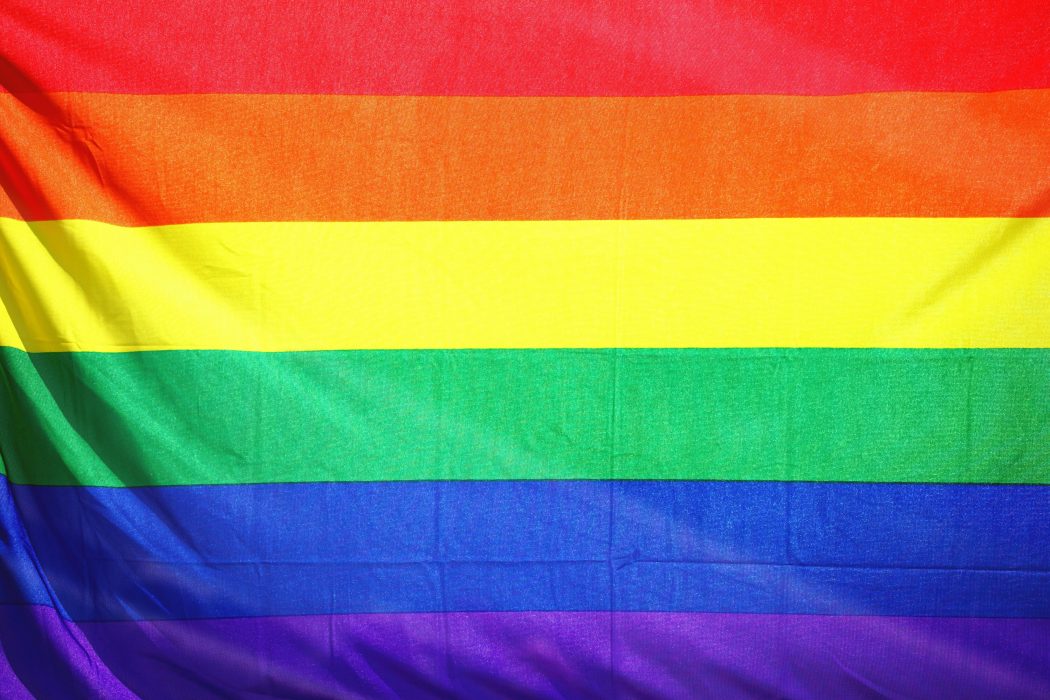(Photo Credits: Sharon McCutcheon from Pexels)
The European Parliament has declared the entire EU as an “LGBTIQ Freedom Zone” on Thursday. Voting results that followed the debate in a session of parliament in Brussels the day prior showed 492 ballots were in favor of the resolution for LGBT support. A total of 141 Members of the European Parliament (MPEs) on the other hand had opposed while 46 MEPs have abstained.
According to media reports, the resolution was passed as a response to the LGBT-free zones (Polish: Strefy wolne od LGBT) or LGBT ideology-free zones in Poland.
Some municipalities and regions in Poland these past two years have adopted resolutions now known as “LGBT-free zones.” This means that they have declared their area free of what conservative authorities have been calling “LGBT ideology.” Such areas ban equality marches and other LGBT events and as of June 2020, there are already around 100 municipalities in Poland or at least a third of the country that had declared itself “LGBT-free zones.”
The purpose of these towns for becoming “LGBT-free zones,” says Arkansas Democrat Gazette, is to “protect traditional families based on unions of men and women.” The newspaper added, “but LGBT rights activists say the designations are discriminatory and make gays and lesbians feel unwelcome.”
In Poland, same-sex relationships are not legally recognized, same-sex couples are not allowed to adopt children together either. They can, nonetheless, adopt as single parents and they have managed to get around the ban so far through this method. The Polish government, however, announced a proposal that will close the loophole in their law “just hours before the European Parliament’s declaration in support of LGBT rights,” BBC News reports.
But what exactly does the EU resolution say? What does it mean to be an “LGBTIQ Freedom Zone?”
It declared that, “LGBTIQ persons everywhere in the EU should enjoy the freedom to live and publicly show their sexual orientation and gender identity without fear of intolerance, discrimination or persecution.”
Moreover, it said, “authorities at all levels of governance across the EU should protect and promote equality and the fundamental rights of all, including LGBTIQ persons.”
Meanwhile, European Commission President Ursula von der Leyen had already released a statement of support via Twitter ahead of the passage of the resolution. Her statement reads, “Being yourself is not an ideology. It’s your identity.” She added, “No one can ever take it away. The EU is your home. The EU is a #LGBTIQFreedomZone.”
In EU, only Malta and Germany have banned “conversion therapy,” a dangerous practice and harmful attempt of trying to change a person’s sexual orientation, gender identity, or gender expression. There is also an “unofficial ban on legal gender recognition for transgender and intersex people” in Hungary. Read the story in full here and here.
The European Union currently has 27 member countries namely: Austria, Belgium, Bulgaria, Croatia, Cyprus, Czechia, Denmark, Estonia, Finland, France, Germany, Greece, Hungary, Ireland, Italy, Latvia, Lithuania, Luxembourg, Malta, Netherlands, Poland, Portugal, Romania, Slovakia, Slovenia, Spain, and Sweden.










Quite frankly… The EU has been losing ground over these past several years… .The Idea behind the forming of The EU was to unify Europe for trade, travel, currency and political stability…not necessarily…for Ideologies contrary to each member’s religious beliefs. What Poland states is that it, as a Catholic Country, does not reconize Homosexuality as equal to Heterosexuality. Such distinctions are not necessarily hostile to Gays but a demarcation that Heterosexuality is the predominate sexuality of Poland and thus is stated…as a predominate Chatholic Country. This is, once again, being used as propoganda, by a chosen few, to mandate for… Read more »
What a confusing mess. Is it good to be “free” or bad? Where’d the ‘ I ‘ come from in the gay alphabet soup and what the hell does it mean ? ? ?
Congratulations to Europe!! “Being yourself is not an ideology, it’s your identity”… powerful words right there.
until this flag proudly includes Brown and Black colors then I will burn this racist symbol
It was very nice to read this. Thank you for posting it.
Only real humanity, can and does except other humans for who they are, live and let live, freely!
[…] 18 – European Union declared an ‘LGBTIQ Freedom Zone’ But what exactly does it mean to be an “LGBTIQ Freedom […]